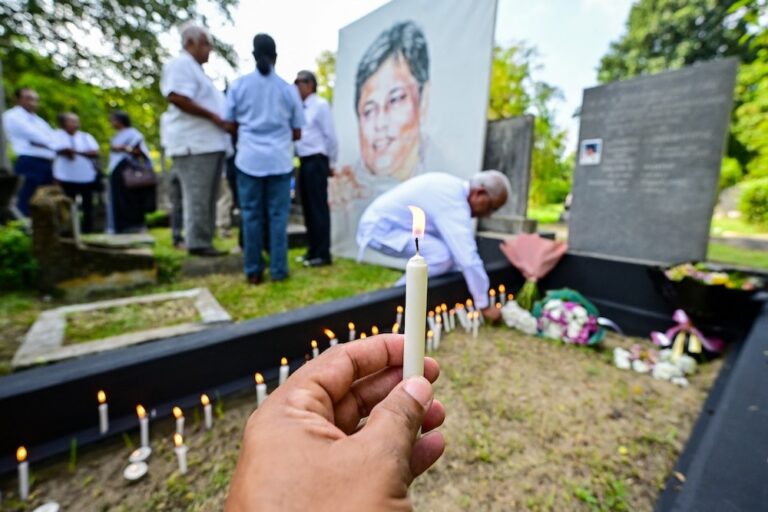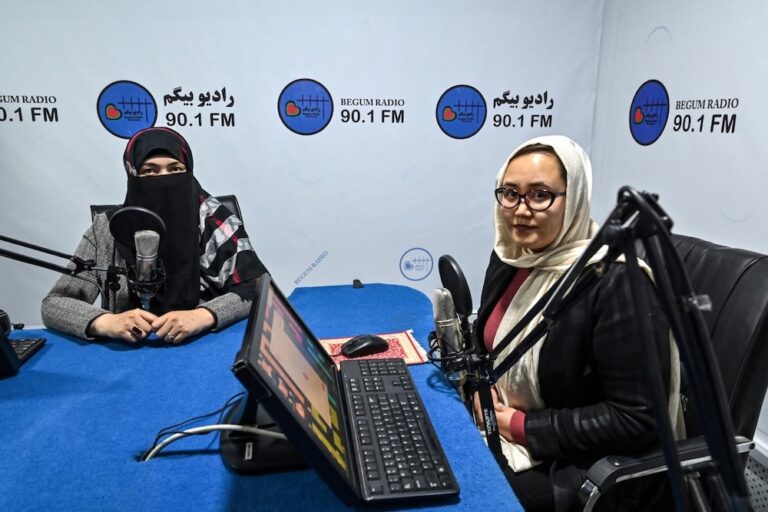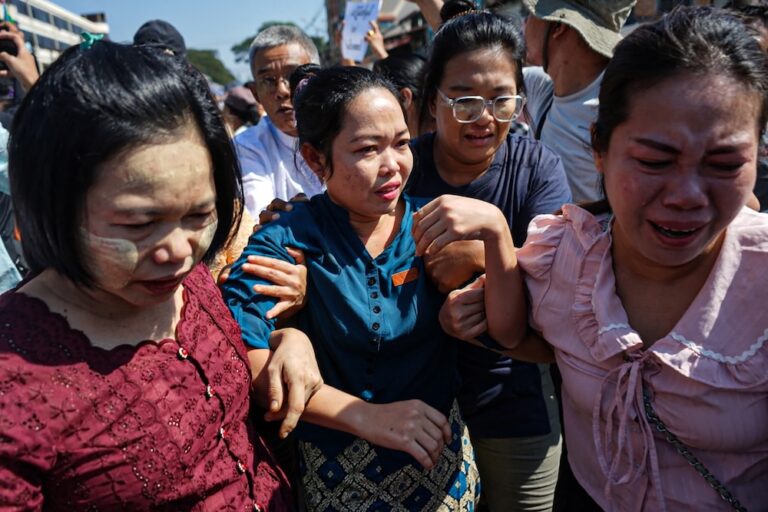The space for free expression on the Internet is shrinking, said the Southeast Asia civil society delegates to a regional Internet governance forum.
(SEAPA/IFEX) – 31 July 2012 – The following is a statement by civil society delegates to the 2012 Asia-Pacific Regional Internet Governance Forum (APrIGF).
We, the undersigned civil society delegates from Southeast Asia who attended and participated in the 2012 Asia-Pacific Regional Internet Governance Forum (APrIGF) on 18-20 July 2012 in Tokyo, Japan, make this statement upon the conclusion of the meeting to highlight the concerns that we raised throughout the forum.
We engaged in this meeting with the objective of raising human rights concerns in relation to the Internet, particularly on issues of freedom of expression and access to information online, as well as the role of civil society in Internet governance and policymaking. We organised two panel discussions, namely “Internet in Asia: Space for Free Expression and Information” and “Civil Society in Internet Governance/Policymaking” during the 2012 APrIGF. Through these panel discussions, as well as in other sessions that we participated in, we raised the following human rights concerns in relation to the Internet:
Increasing censorship and attacks to online expression
The space for free expression on the Internet is shrinking. Many governments are extending censorship and control of traditional media to the Internet. In most cases, censorship measures are implemented in a non-transparent manner, which makes it difficult to determine whether the measures taken are in accordance with international laws and standards.
In some countries, citizens who make use of the free space on the internet as bloggers, citizen journalists or social media users become targets of attacks, arrest, and/or threats by state security agents. These actions by state authorities produce a chilling effect on internet users resulting in widespread self-censorship of social and political expression for fear of reprisals from the government or its agents.
We thus call upon all governments to ensure that any measure to limit freedom of expression and the right to information are in accordance with international human rights laws and standards, particularly Article 19(3) of the International Covenant on Civil and Political Rights (ICCPR), which allows for limitations only on narrow and clearly-defined grounds, by passing the “three-part, cumulative test” following the principles of necessity, proportionality (ensuring that it is the least restrictive measure) and transparency. Furthermore, any limitation to freedom of expression, including censorship measures, must be determined by an independent judicial body, and not left to the arbitrary powers of governments or intermediaries. These parameters must apply in all circumstances including during state of emergency and in name of national security or public order.
New laws and legislative amendments that curb freedom of speech online
We are further alarmed by the growing number of laws and policies in Southeast Asia that negatively impact freedom of expression on the Internet. While we recognise the need to address cybercrime and legitimate national security concerns, we are concerned that such laws seek to extend media censorship and criminal defamation to the internet, and are also being used to criminalize individuals or organizations expressing or sharing legitimate social or political critique.
We reiterate that any restriction to freedom of expression on the Internet must not risk citizens’ rights to hold opinions without interference and to freedom of thought, conscience and religion as stipulated in Article 18 of the ICCPR, and it must not be subject to lawful derogation as outlined in UN General Comment No. 34. We stress that any introduction of new laws or legislative amendments, particularly those that could potentially impact human rights, must involve extensive, inclusive and meaningful public consultations. We further urge all governments in Southeast Asia to decriminalise defamation both online and offline.
Additionally, we emphasize that the rule of law and the independence of the judiciary remain among the key challenges to democracy in Southeast Asia. Law-enforcement agencies and justice systems must presume innocence until defendants are proven guilty, regardless of whether or not defamation is criminal. Certain legislation, including those laws that criminalize online speech and expression, are worth noting here as examples of legislation in Southeast Asia that warrant close monitoring of their enactment or enforcement:
* Burma – The 2004 Electronic Transactions Act
* Cambodia – The 2012 Draft Cyber-Law, the 1995 Press Law, and the 2010 Penal Code
* Malaysia – The 2012 Amendment to the Evidence Act and the 2011 Computing Professionals Bill
* Indonesia – The 2008 Law on Information and Electronic Transaction and the 2008 Law on Pornography
* The Philippines – The 2012 Data Privacy Act
* Thailand – The 2007 Computer Crimes Act, the Article 112 of the Penal Code, and the 2004 Special Case Investigation Act
* Vietnam – The 1999 Penal Code, the 2004 Publishing Law, the 2000 State Secrets Protection Ordinance, and the 2012 Draft Decree on Internet Management
Intermediary liability
We express our deep concern over the increasing pressures by governments on internet service providers and content hosts to monitor, regulate and censor online content. Consequently, such intermediaries are increasingly being held legally and criminally liable for online content, including content posted by other users.
We reiterate that the regulation of content on the Internet should be determined by an independent judicial body, and not be left to intermediaries. We further echo the call by the UN Special Rapporteur on the promotion and protection of the right to freedom of opinion and expression that intermediaries should not be held liable for online content.
Thai Netizen Network
Thai Media Policy Center
Institute for Policy Research and Advocacy (ELSAM)
Southeast Asian Centre for e-Media (SEACeM)
Community Legal Education Center (CLEC)
Asian Forum for Human Rights and Development (FORUM-ASIA)
ICT Watch (Indonesian ICT Partnership Association)


